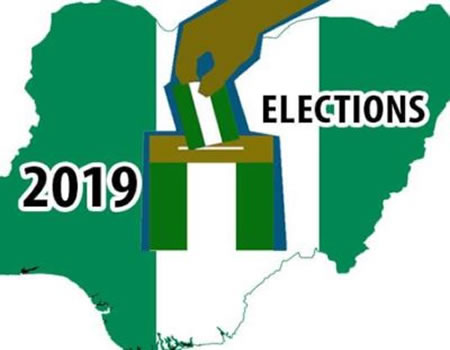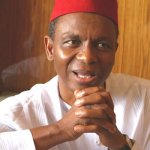Following the postponementof Saturday’s election, it was reported that the Socio-Economic Rights and Accountability Project (SERAP) has asked Nigerians to blame successive governments since 1999 and the National Assembly responsible for the postponement of Saturday’s presidential election. That will mean blaming 16 years of PDP administration and less than four years of APC for the election fiasco.
SERAP notes that postponement of general elections has become a recurring feature of the country’s electoral process. For example, the 2007 general elections witnessed late arrival of election materials from South Africa in April of that year, contributing to denying millions of voters their right to political participation.
INEC chairman admits commission contractor is APC senatorial candidate
Be that asit may, it is very important that we are mindful if our utterances and exercise constraint so that we do not heat up the polity.
The ruling All Progressives Congress (APC) has been blaming the country’s main opposition, the People’s Democratic Party (PDP) for the postponement while the PDP has been doing same. There have been accusations and counter accusations since the postponement.
However, we must address the main issues comflicting our electoral processes. We must ask relevant questions and ensure that we get the needed answers so that we can forge ahead.
Ibrahim Mojeed,
Abuja.






